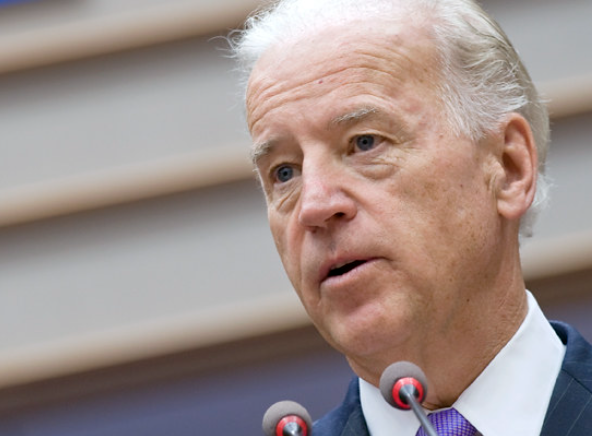Watch: Biden Reveals Nasty Hamas Truth We’ve Known All Along

Following President Joe Biden's recent State of the Union address, he inadvertently sparked a controversy during an off-guard moment captured on a hot mic. He was overheard mentioning to his Democratic colleagues about having warned Israeli Prime Minister Benjamin Netanyahu of a forthcoming "come-to-Jesus meeting," urging them to keep the conversation confidential until an aide stepped in.
In a subsequent interview on MSNBC with Jonathan Capehart, Biden made a notable gaffe while discussing a potential ceasefire in Gaza, inadvertently revealing a stance that he then struggled to rectify.
He suggested that a ceasefire would primarily benefit the terrorist organization Hamas, as it would provide them an opportunity to regroup. This statement came amidst discussions on pressing for a ceasefire until Israel develops an evacuation plan for Gaza's occupants.
Biden makes the blunder of answering whether and why Hamas would want a ceasefire.
— David Shor (@DYShor) March 10, 2024
He then notices his terrible blunder in saying the truth, and goes off on a tangent. pic.twitter.com/ypqX7H8D6o
Highlighting the origins of the conflict, it's essential to remember that Hamas initiated the war with a significant attack on southern Israel on October 7. Biden's comments unintentionally implied that a ceasefire could inadvertently aid Israel's adversary.
Further complicating his position, Biden hinted at a "red line" involving Israel's potential invasion of Rafah in southern Gaza during the same interview, a stance he later retracted by asserting his unwavering support for Israel.
This inconsistency, coupled with a significant pause during his remarks, has raised concerns about Biden's clarity and cognitive faculties, as well as the implications of his administration's ceasefire advocacy.
Critics argue that advocating for a ceasefire, framed as a humanitarian gesture, paradoxically aids Hamas, undermining the sacrifices made in the conflict and potentially prolonging the war. Such a stance is seen as not only deceptive but also irresponsible, given the threat Hamas poses to both Israeli and Palestinian lives.
The narrative suggests that true peace can only be achieved through the decisive elimination of threats, not by temporary measures that might allow adversaries to strengthen.